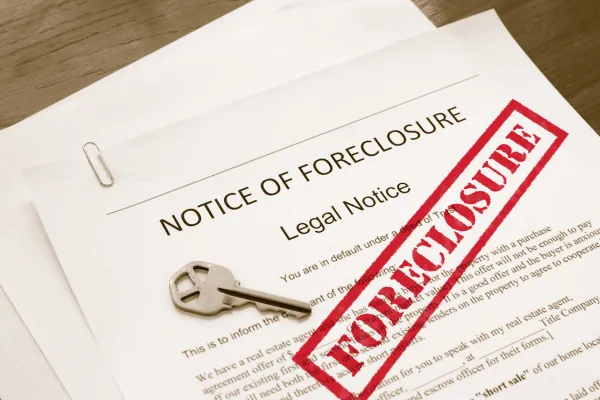HOME BUYER'S HANDBOOK: YOUR GUIDE TO SMART BUYING
Everything you need to know in buying at DES PLAINES and the surrounding areas
What Customers Are Saying

4.8 / 5
READ MORE REVIEWS
Home Buyers of Des Plaines is a Lifesaver!
I recently had the privilege of working with Home Buyers of Des Plaines to sell my property, and I must say, the experience went above and beyond my expectations. Their team demonstrated outstanding efficiency and professionalism, which made the entire process incredibly seamless. Starting from our first meeting, where they carefully listened to my requirements, to the final stages of closing, where they displayed expert precision, their service was flawless. I couldn't be more satisfied with the results and wholeheartedly endorse Home Buyers of Des Plaines to anyone seeking a hassle-free property selling journey.
Jose B
Why Choose Home Buyers of Des Plaines?
At Home Buyers of Des Plaines, we recognize the myriad challenges homeowners encounter when unexpected events disrupt their property ownership journey. Whether it's navigating probate complexities, facing foreclosure threats, or managing inherited properties, we offer steadfast support. Drawing on our vast experience as seasoned investors deeply embedded in the real estate market, we offer tailored solutions to address your concerns and chart a path forward.
Diverging from conventional real estate practices, our expertise lies in facilitating swift transactions prioritizing efficiency without compromising fairness. Instead of lengthy negotiations, we promptly present equitable cash offers, ensuring swift resolutions to property-related dilemmas. Guided by a dedicated team committed to your success, we provide steadfast support and comprehensive guidance throughout the entire process. With Home Buyers of Des Plaines by your side, you can confidently navigate your situation, empowered to discover optimal solutions for your unique property needs.

(219) 388-7219
LOCATION
Home Buyers of Des Plaines
123 Main Street
Des Plaines, IL 60016
Main Office: (219) 388-7219
HOURS
Everyday:
9am - 9pm
QUICK LINKS
COPYRIGHT © 2024
ALL RIGHTS RESERVED. // PRIVACY POLICY // TERMS AND CONDITIONS

